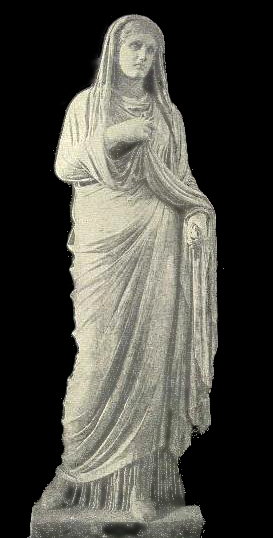Just to make how I feel about women absolutely clear before I start this. I am a woman. I have female friends. I have male friends. Women are lovely, but they can also be right pains. The same can be said for men. I am not a feminist. I am a gender equality-ist. It doesn't enrage me that women in history have been badly treated, because that's history. So long as it doesn't happen again.
Right, so here's a thought I had this morning as I was sitting down to breakfast
It's like, on a lot of these chat shows, (ok, I admit it, I'm just using Jeremy Kyle as an example), the 'head woman' of the household can be so incredibly controlling and dominant. They have the final say on who their son/daughter is allowed to see, who is 'in' and who is 'out' of their household. They can be bossy and domineering, (but of course there are counter-examples of completely down-trodden women). But the majority of women today, I think, do have a fair amount of control, both in the household and the workplace.
Obviously, this wasn't always the case. Women in the Classical Greek world had no rights to speak of. In fifth and fourth century Athens, women could not give evidence in the jury-courts and they had no rights to property. Their position was not even as head of household, but they belonged to the oikos, the household and to their husband, as can be seen in the trials and speeches of Demosthenes. Even when women apparently gain power in Aristophanes' comedy Ekklesiazusai, the very idea of women in such a role is comedy in itself. The women then essentially create a welfare state that feeds and cares for every Athenian citizen and a kind of 'sexual socialism'. Unusually enough for Aristophanes, the situation is never resolved, but it is clear that the very concept of a matriarchal society for the Athenians was completely ludicrous.
 |
| Antigone, by Frederic Leighton 1882, looking all Pre-Raphaelite-y. |
In the material evidence, women in ancient Greece were goddesses, or korai, (archaic statues with essentially, no personality) and were rarely depicted as individuals until the mid-fifth century, and even then they were dumpy, even masculine in features [Polyxena stele c.440BC]. Even when women were truly represented as 'women' it was always in a domestic context, with a husband, slave or child:


No comments:
Post a Comment